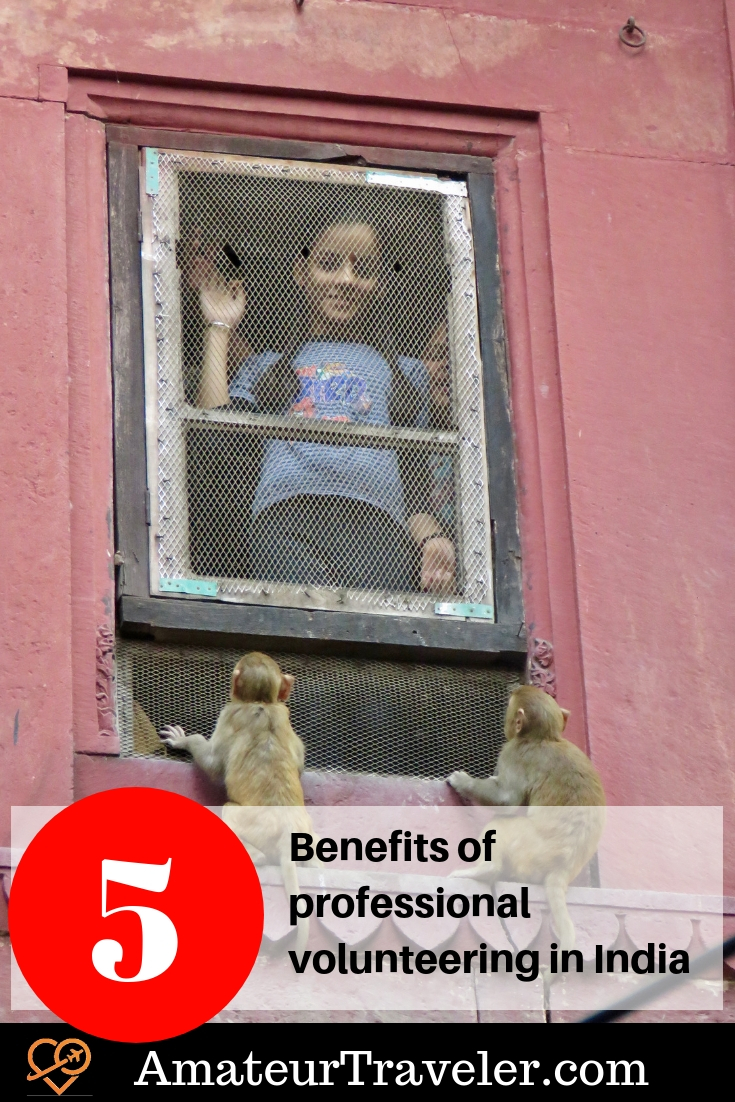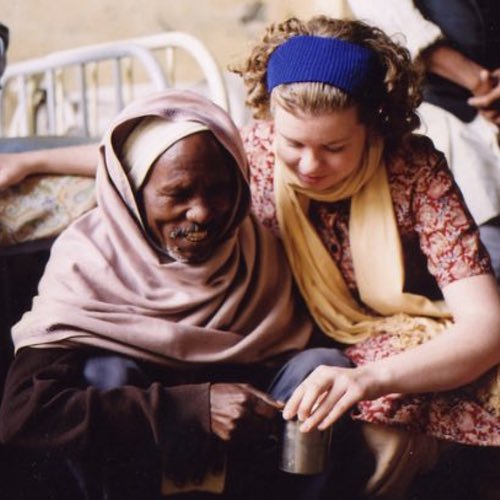Most people go to India as observers, taking in the sights, sounds, and smells of a country far different from their own. After teacher training college I remember some of my classmates pulling the India card as a way to fend off the threat of imminent job applications.
Now firmly into my own career, I’d often wondered what it would be like to visit India not as a tourist, but as a volunteer. Would I enjoy it? Would I learn anything? And, perhaps most importantly, would a country with its own burgeoning professional class even want a well-wishing westerner?
It was with great relief that I discovered that the answers were yes, yes, and yes. My experience in India changed how I am and how I see the world on quite a fundamental level. Rather than bang on about mystical experiences, however, here are what I consider the top five reasons for professionals to arrange a placement in the country.
Challenging perceptions
I’ll admit I hadn’t been traveling for a while, but my shock on arrival in India wasn’t something I was quite prepared for. After the sleepy suburbia of Bath, the assault on nose, ears, and eyes took some getting used to.
Travel through the country on bouncy bus, sardine-tin-like train, and on the back of a moped is a learning experience, and learning is something that every teacher needs to do once in a while.
Time
Rather than the regimented strictness of UK time, Indians have a more flexible approach to the clock. While my working hours in Amar Seva Sangam’s middle school were a fairly standard 9 am to 5 pm with an hour for lunch, outside the confines of the school, things were a little different.
The official working week in India runs from Monday to Saturday, from 9 am to 6 pm. It is common, however, for Indians to arrive at work at 11 am and to work until as late as 11 pm. Similarly, social events may have a start time of 8 pm, but I quickly learned that if you turn up on time, you’ll be waiting for at least an hour before anyone else arrives.
Learning to accept that things don’t always happen on time is a valuable lesson for any westerner.
Redefining the role
I thought I knew what teaching was about. After all, I’d been doing it for more than eight years. Once in the classroom, however, a lot of it went out the window. Of course, I knew it was going to be a different experience, but I found I really had to adapt to teaching in India.
The classes were large – up to 40 children – so I found it difficult at first not being able to focus on each individual student. The children were very well behaved and respectful, however, so classroom management wasn’t something that I had to focus on a great deal. Perhaps the hardest thing was the mixture of levels in the class – some of the children had not been exposed to English from an early age, and many of the children struggled with conversational English. I, therefore, had to group students, set different level tasks, and focus much more on speaking.
My ability to adapt to a different way of teaching in India has definitely helped me to develop into a better teacher.
- Buy Travel Insurance
- Book Your Accommodation HERE
- Get a Car Rental
- Search for Great Tours HERE
- Get a universal plug adapter
- Get an eSim to be able to use your smartphone abroad.

Experimentation
Freed from the rigors of state teaching, I found myself able to experiment with my methods. I was able to plan, prepare, and deliver lessons in the ways I saw fit. If I noticed that the children were making similar mistakes with an aspect of language, I would stop and spend the next few lessons focusing on this. I asked the students what topics they wanted to cover and planned the lessons accordingly. 
Sometimes it worked, sometimes it didn’t, but the experience of trying out things my way was intensely satisfying and intellectually nourishing.
Something to share
My British students love hearing about my time in India. I hope I have been able to inspire them with an interest in the world beyond Britain. My experiences have become their experiences, which has subsequently inspired me to arrange a kind of international pen pal scheme with my students and my (ex) Indian students.
This article was written for Projects Abroad PRO, an organization that helps graduates, those on a career break, and retired professionals to find more information about volunteering in India and many other countries around the globe.
2 Responses to “5 Benefits of Professional Volunteering in India”
Leave a Reply
Tags: article, india, volunteer travel



 Volunteering in India – Sustainable Tourism
Volunteering in India – Sustainable Tourism Best Treks in India – North East India
Best Treks in India – North East India Book Review – Wanderlust and Lipstick: For Women Traveling to India
Book Review – Wanderlust and Lipstick: For Women Traveling to India India and the Enduro India Motorcycle Rally – Episode 34
India and the Enduro India Motorcycle Rally – Episode 34

BeckieJ
Says:October 3rd, 2012 at 7:40 am
I’ve always wanted to travel & volunteer in India, this post has made me want to do it again! Maybe 2013 will be the year, many thanks for the great article 🙂
yvonne
Says:October 8th, 2012 at 9:02 am
I love India and I love volunteering. The combination of both is the ultimate experience. It is about time I went to India to volunteer. Your article has inspired me to finally look in to tickets and volunteer organisations. Thanks for the info!